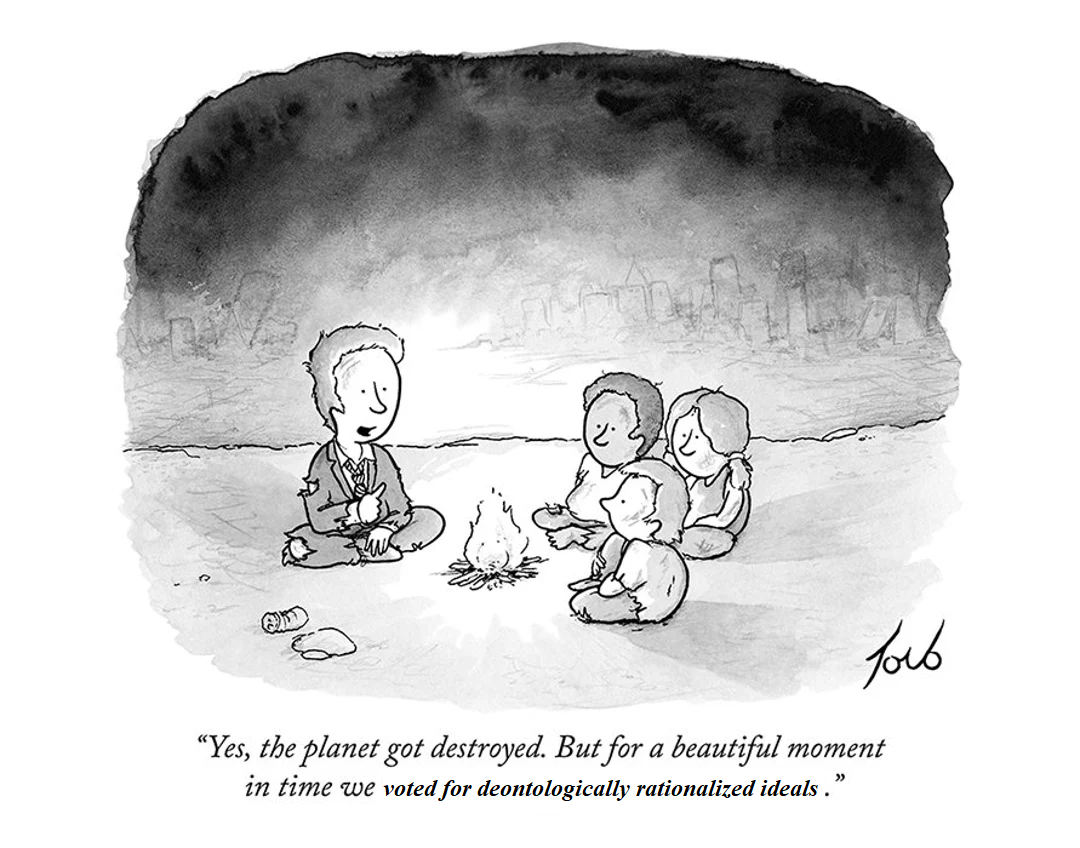

So I’ve read.
They still blew up their launch pad and showered a protected wildlife area with particulate, metal, and concrete debris.
They then built and operated their water deluge system without obtaining permits.
Typo or no, they’re still taking a fast and loose, “better to ask forgiveness than permission” approach that is a detriment to a protected natural environment. They intend to test the limits of the Texas government’s ability to show disdain for the environment in favor of private enterprise.







Seems incredibly irresponsible of them to include it in a blue chip fund.